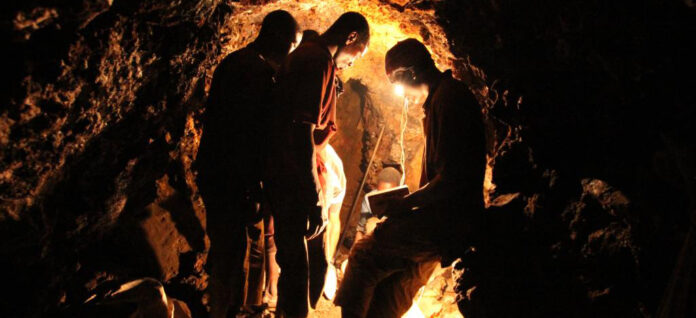South Africa’s artisanal miners say they are being sidelined from a crucial law-making process that could reshape their livelihoods, as the window for public comment on a new mining bill closes next Wednesday, August 13.
The Draft Mineral Resources Development Bill, 2025, published in May, proposes for the first time to formally regulate artisanal and small-scale mining (ASM). ASM refers to low-tech, labour-intensive mining often carried out by individuals or small groups using rudimentary tools, usually on old mine dumps or shallow deposits.
In South Africa, many ASM practitioners are colloquially called zama zamas, an Nguni word loosely translated to “hustlers”. The term is also used for organised criminal syndicates running large, illegal underground operations.
The bill introduces a licensing system, sets environmental and safety standards, and allocates specific artisanal mining zones. The government says the goal is to legitimise artisanal mining while clamping down on criminal activity. But the National Association of Artisanal Miners (Naam) believes the process is excluding the very miners it seeks to develop.
Naam chairperson Paps Lethoko’s criticism was sparked by a South African Human Rights Commission public session in Stilfontein last Thursday, which was postponed.
“We expected them to report on the progress of enforcing those recommendations, which call for an amicable solution, the formalisation of the ASM sector, not punitive and dehumanising militarised responses like Operation Vala Umgodi.”
He described genuine artisanal miners as “communal miners, also known as traditional miners, recovering only minimal grams of mineral out of surface mine waste dumps to live from hand to mouth”.
In contrast, syndicate-based zama-zamas are “criminal elites” producing kilograms of minerals, operating underground with weapons, explosives and trafficked labour.
On the bill, Lethoko said: “It is created in such a way to allow loopholes, which can be exploited by the criminal elites. For example, it says the permit will be issued on a first-come, first-served basis. Obviously, those with the big financial muscle will get there first.”
Meanwhile, the Mining Affected Communities United in Action has called for mass action to coincide with the bill’s closing date. It, together with Wamua and Yamua, will stage demonstrations across five provinces on August 13, culminating in the submission of their collective comments to the minerals department in Pretoria.




